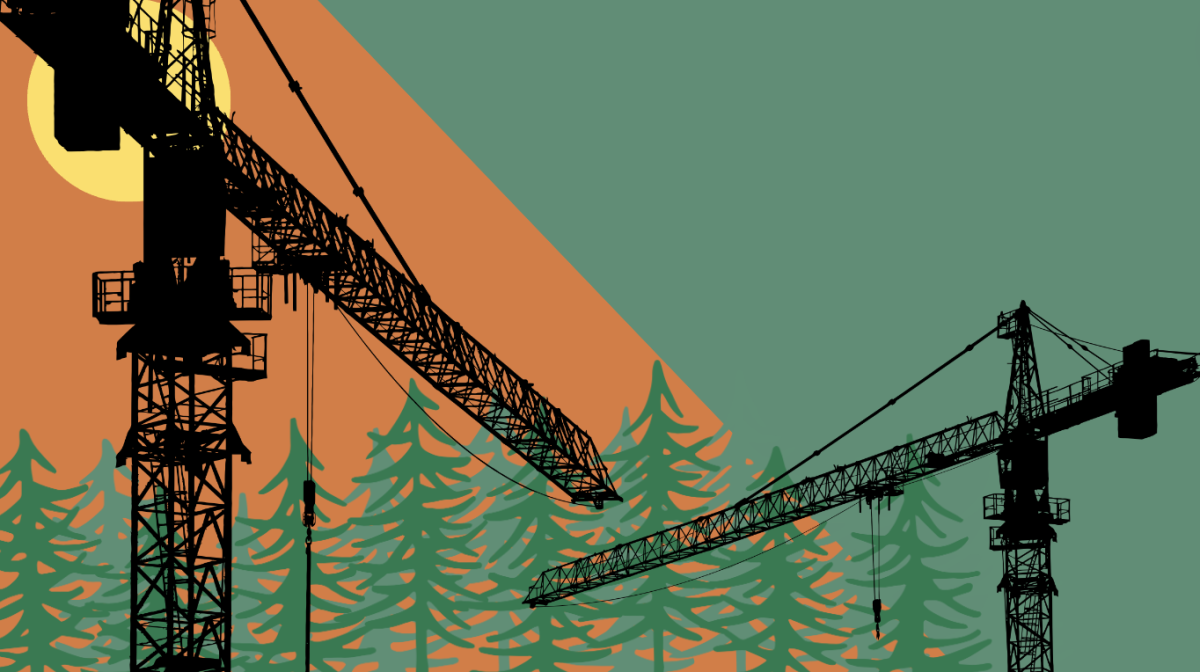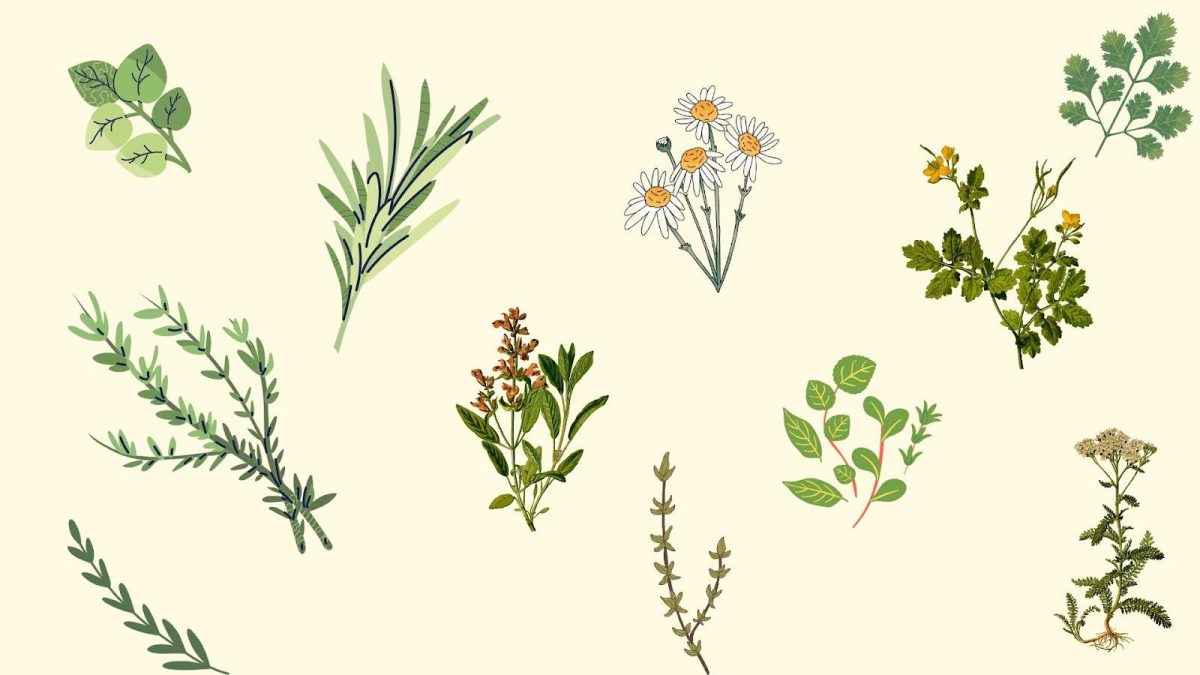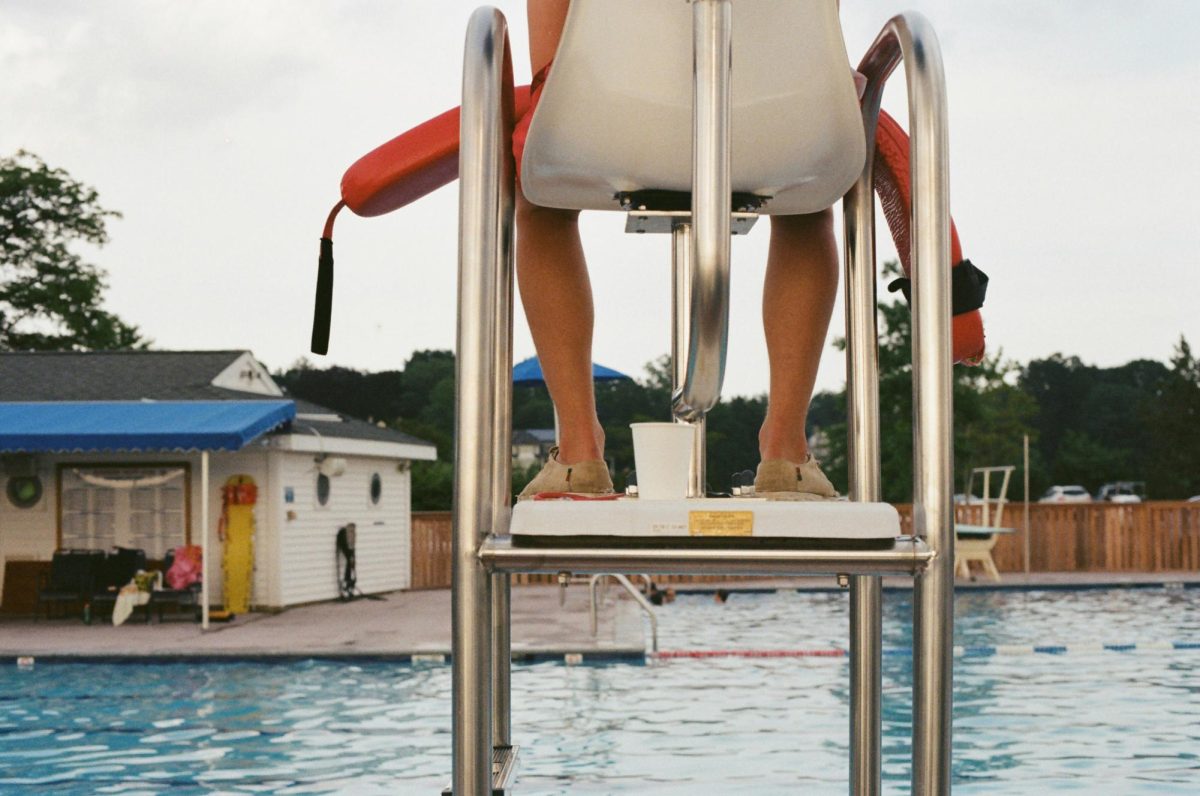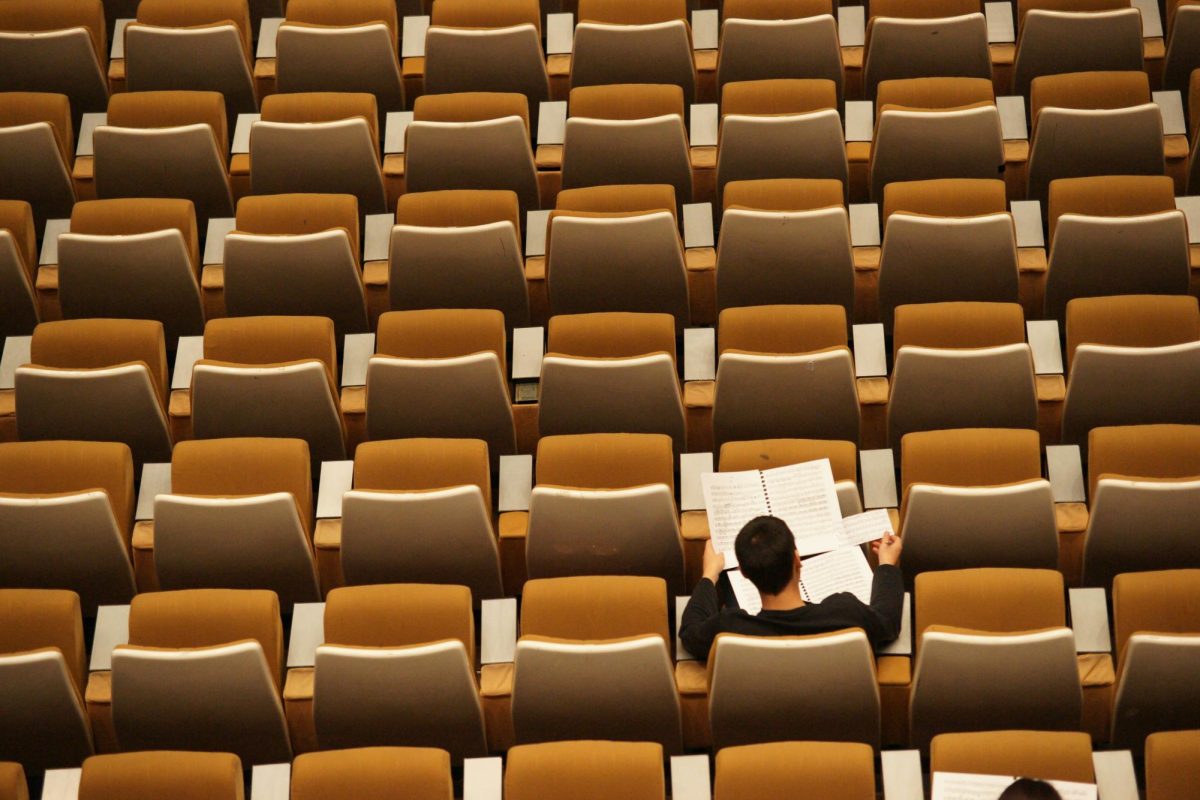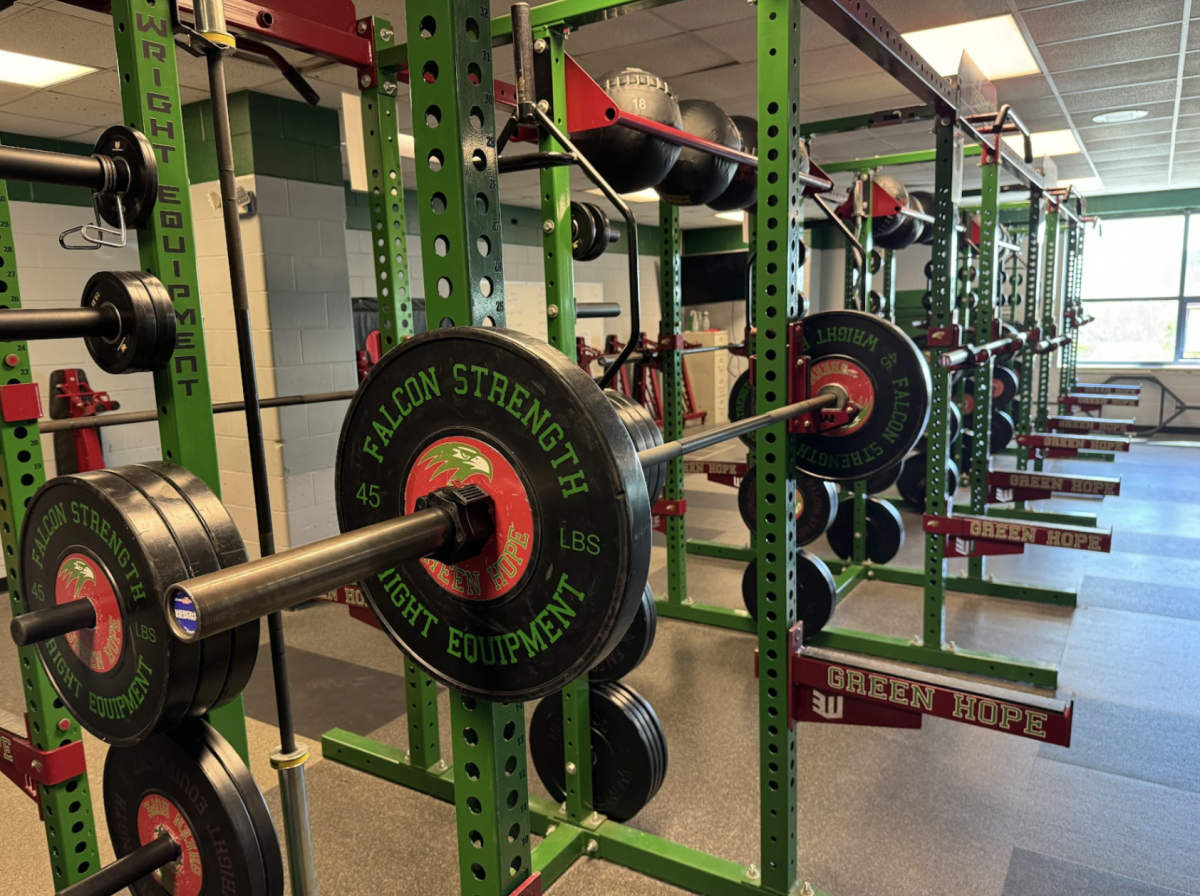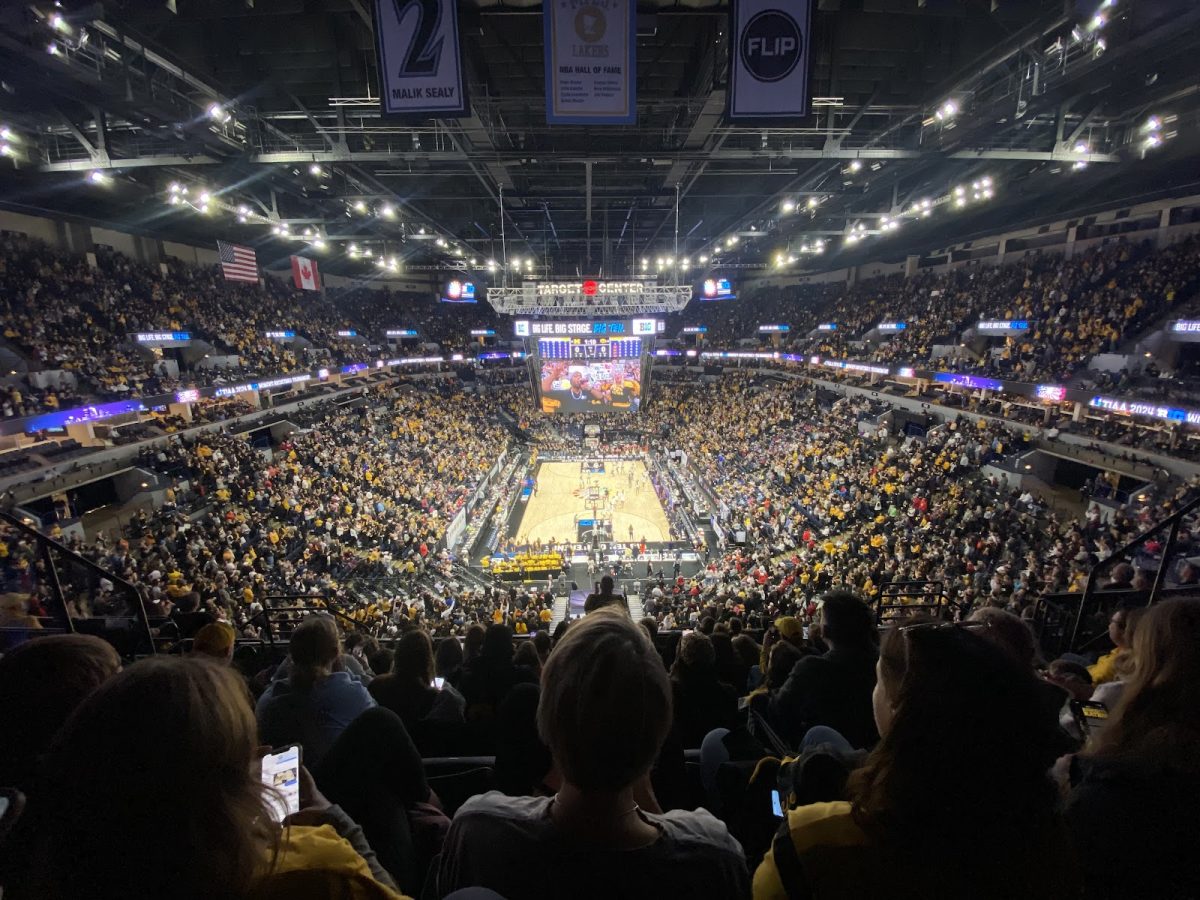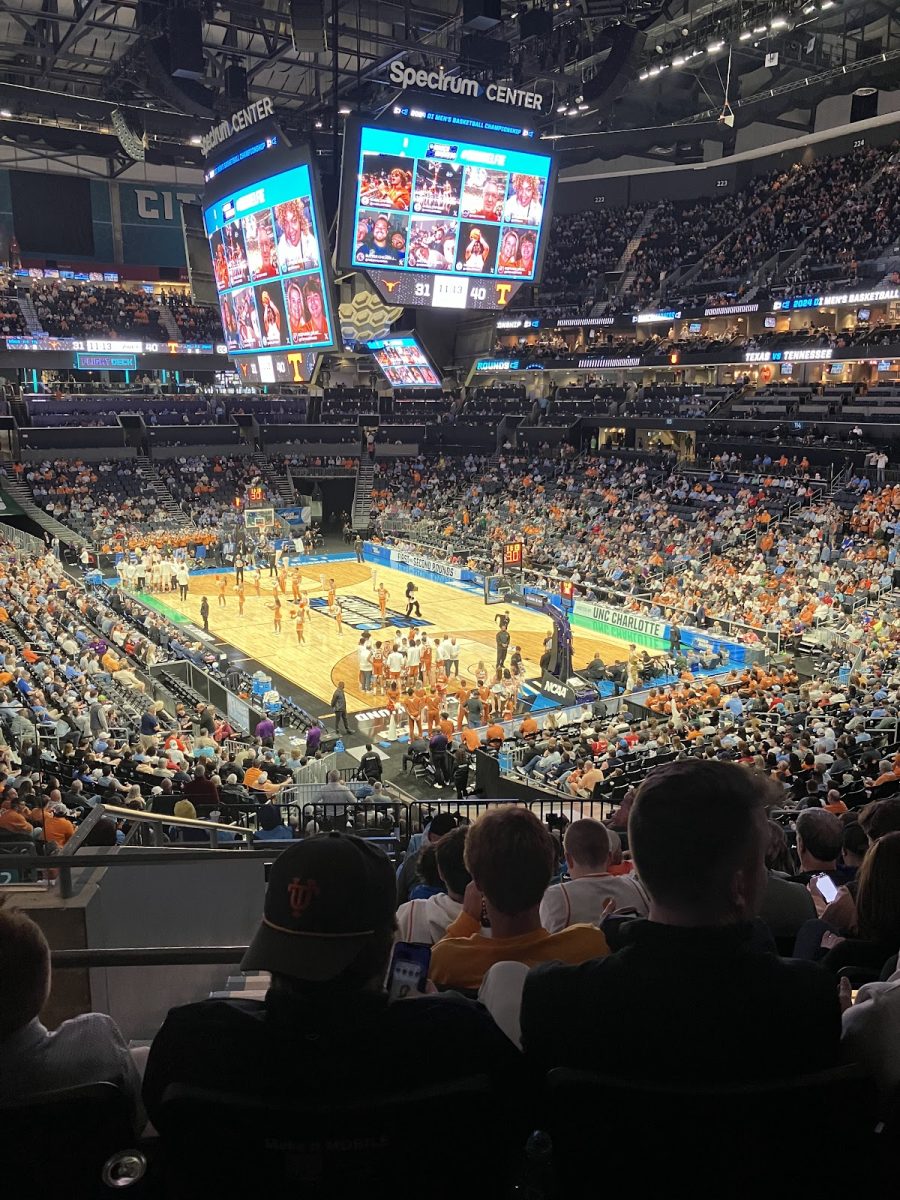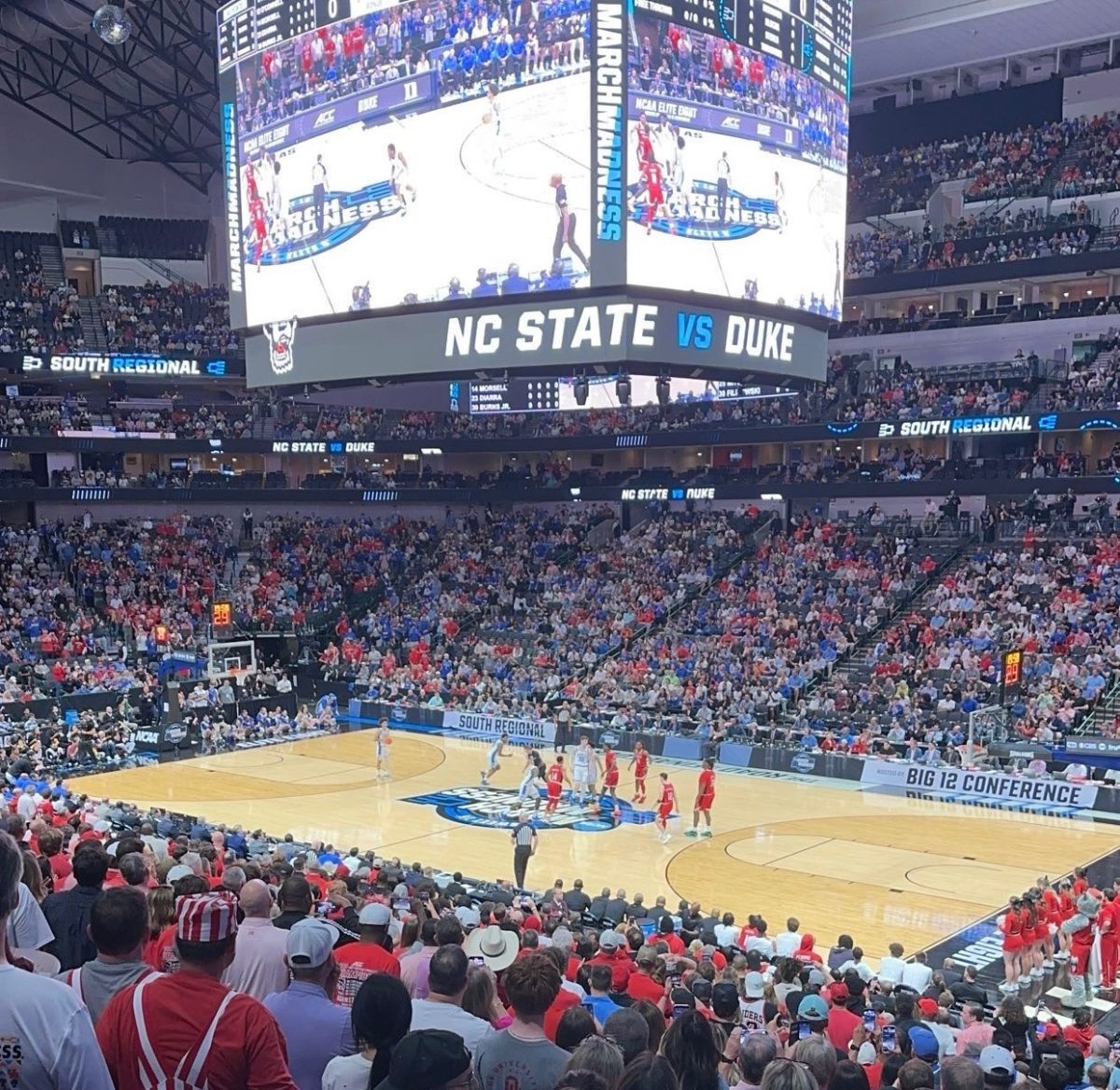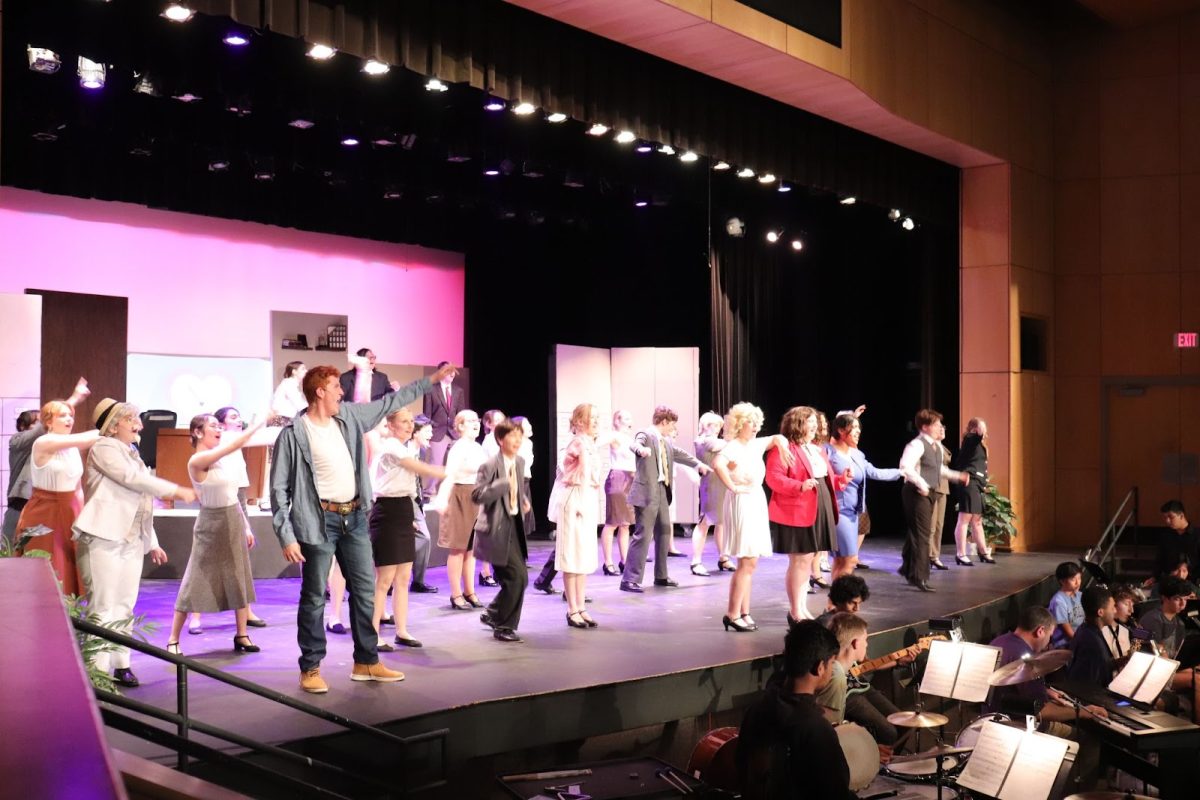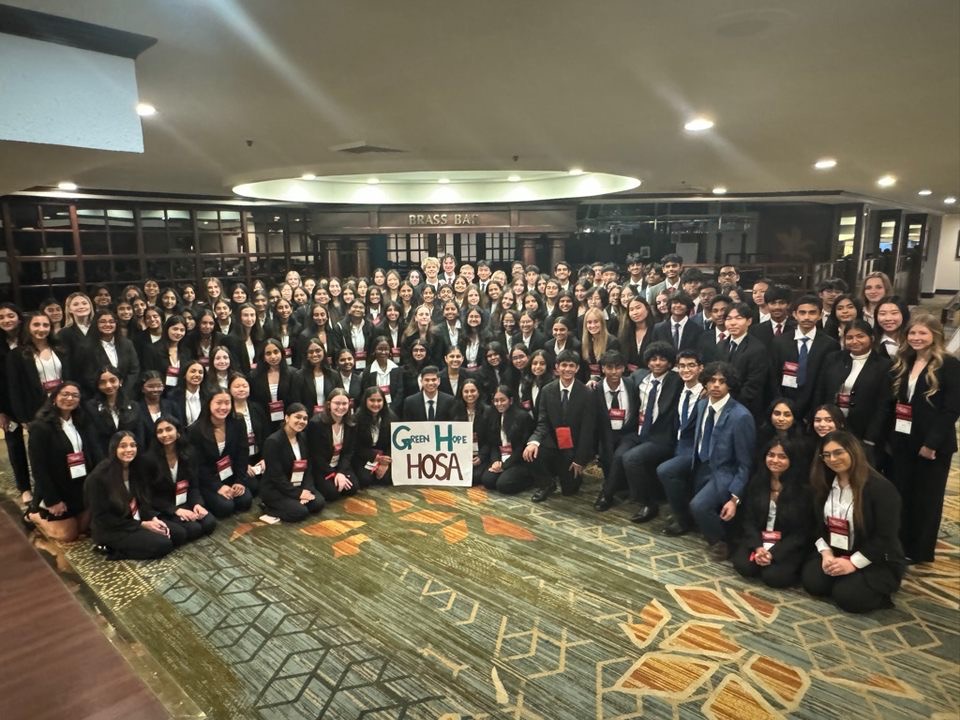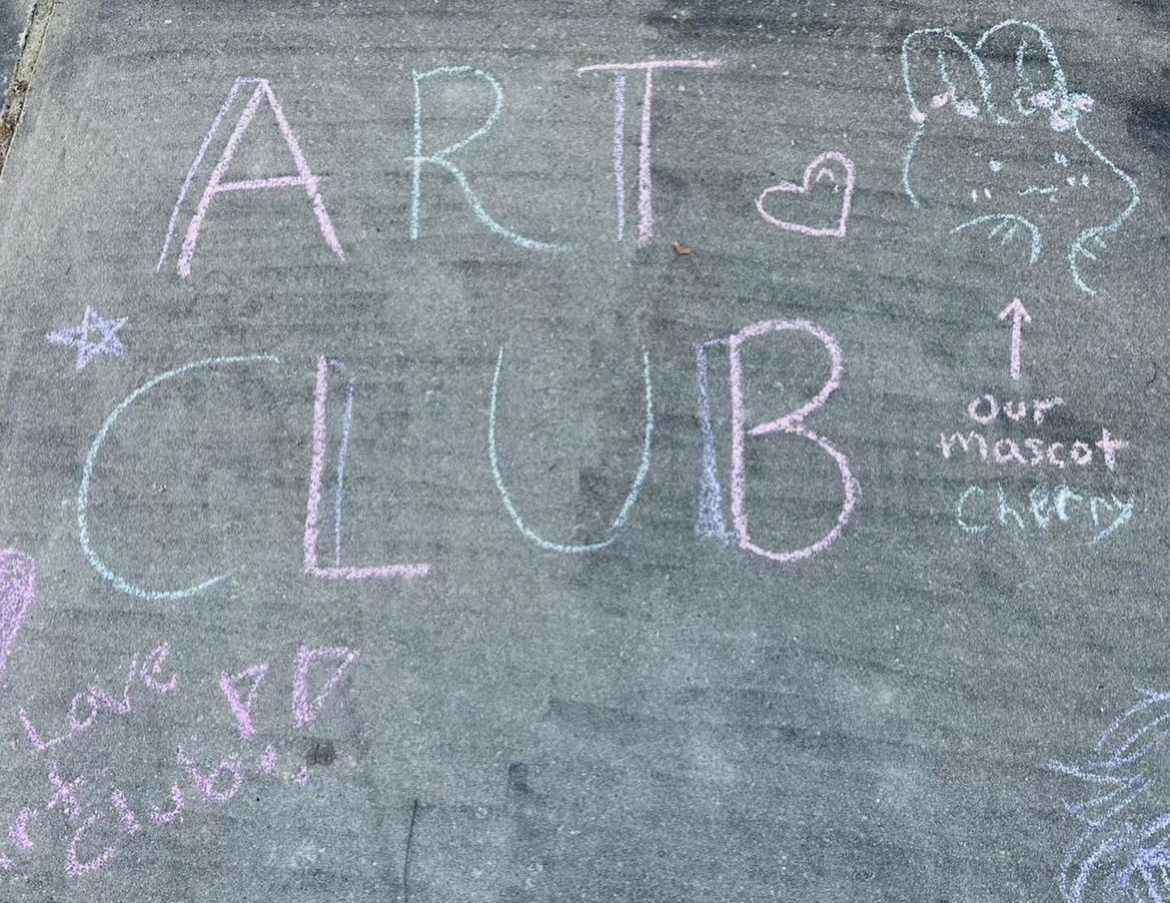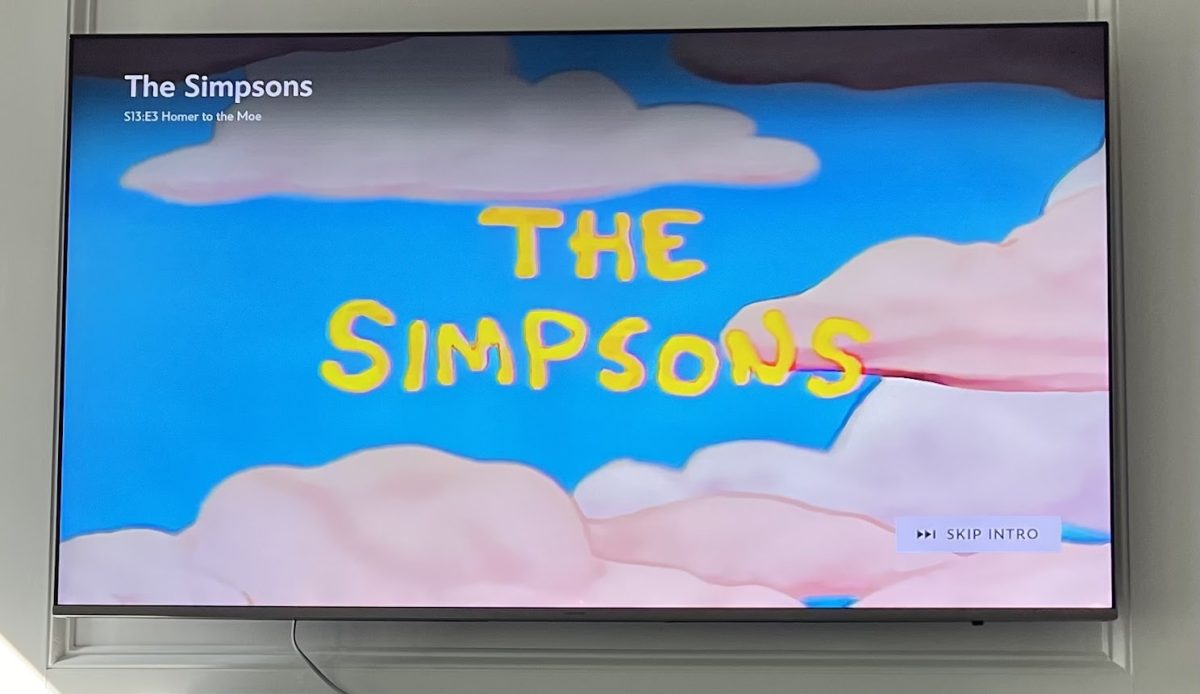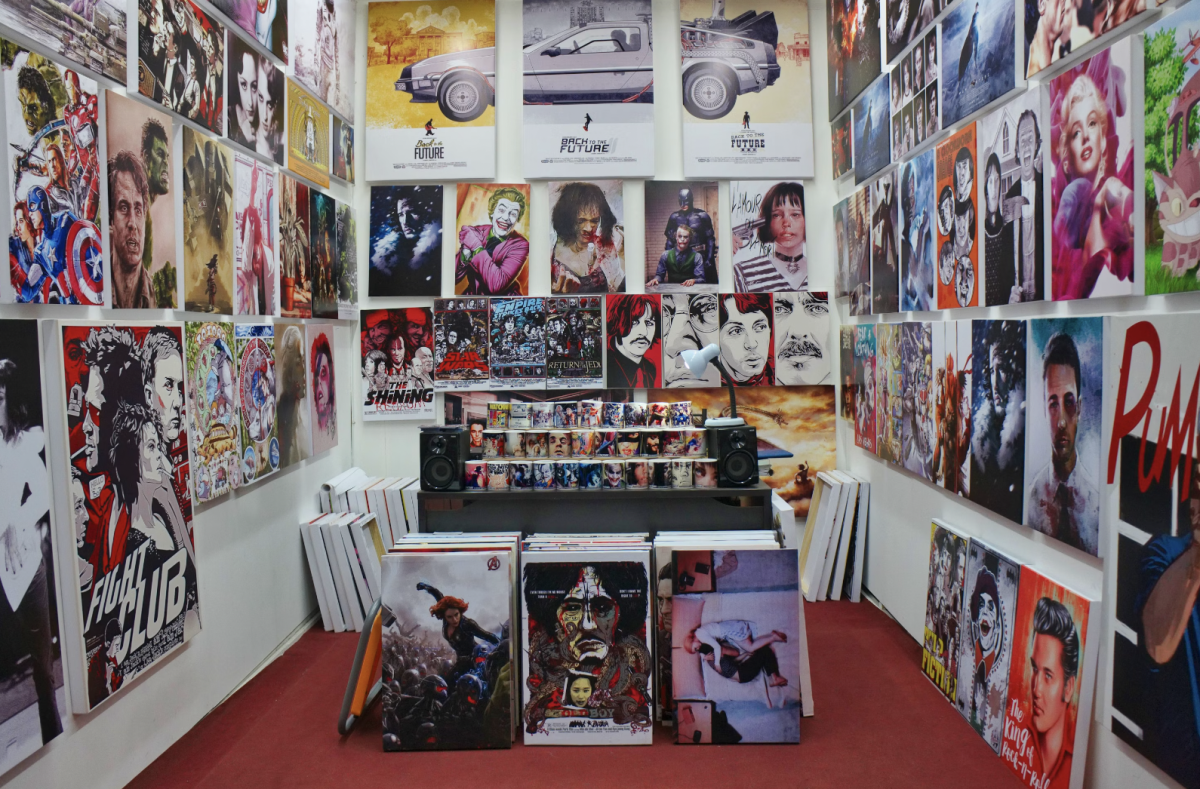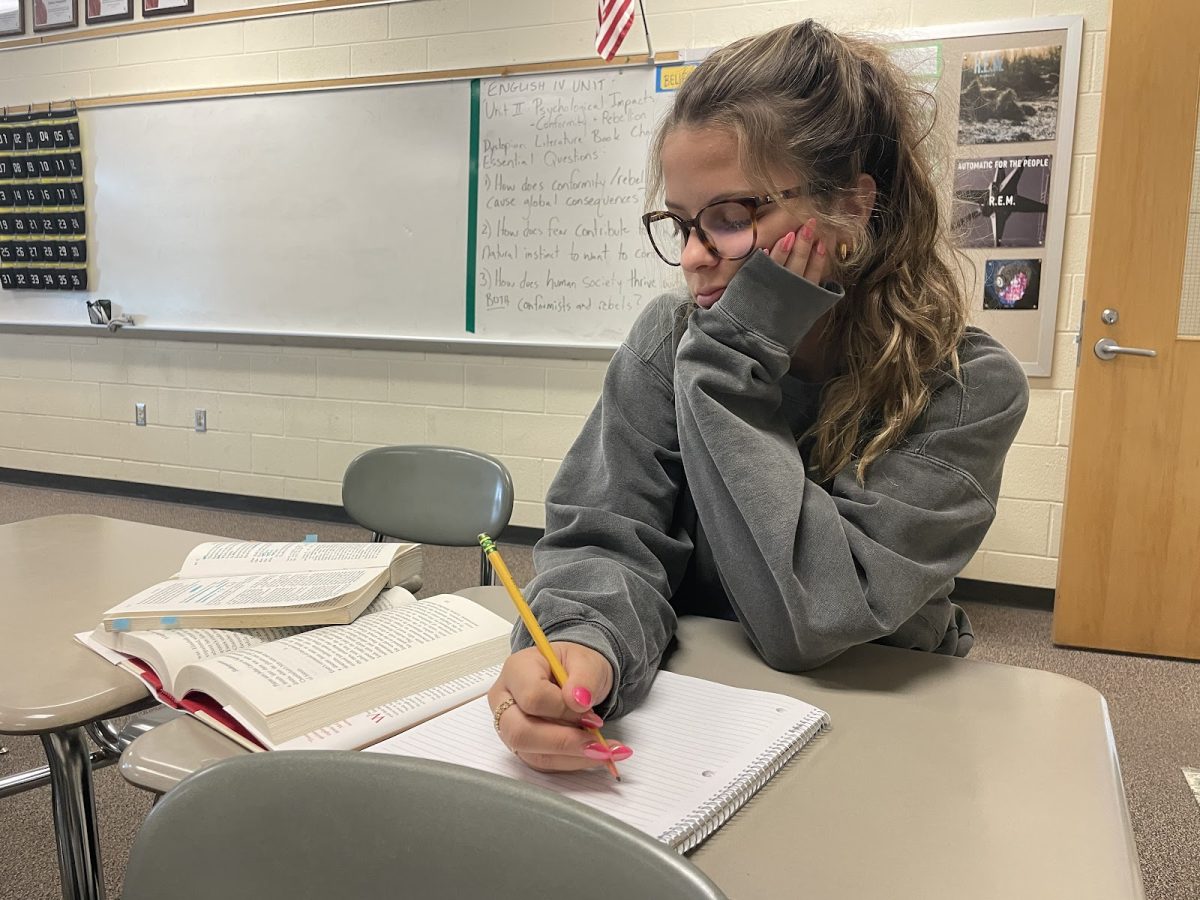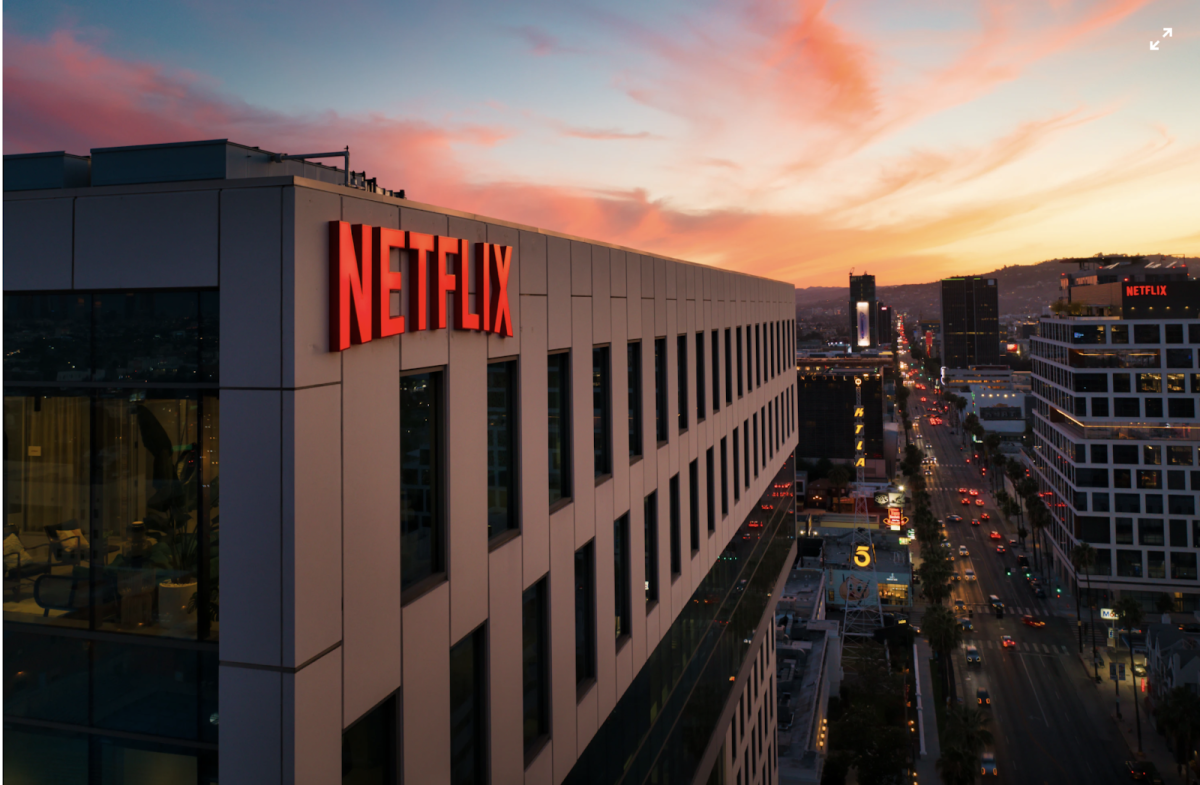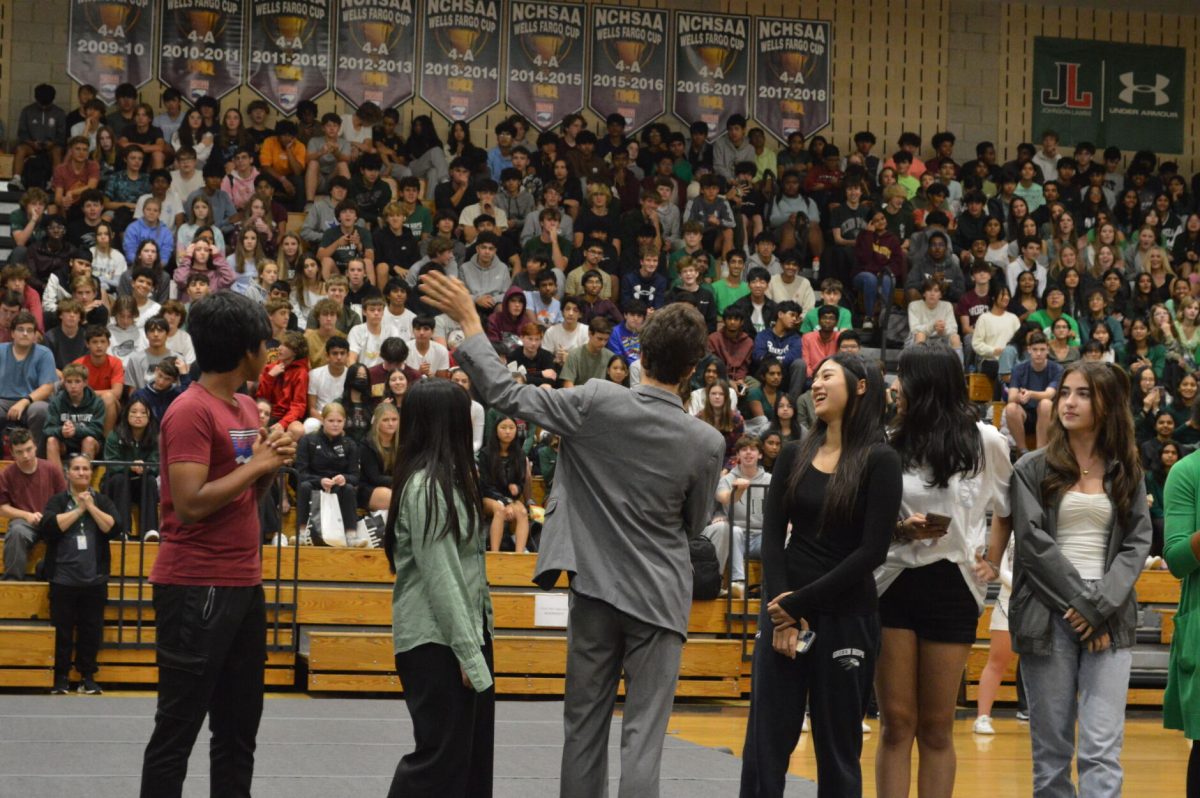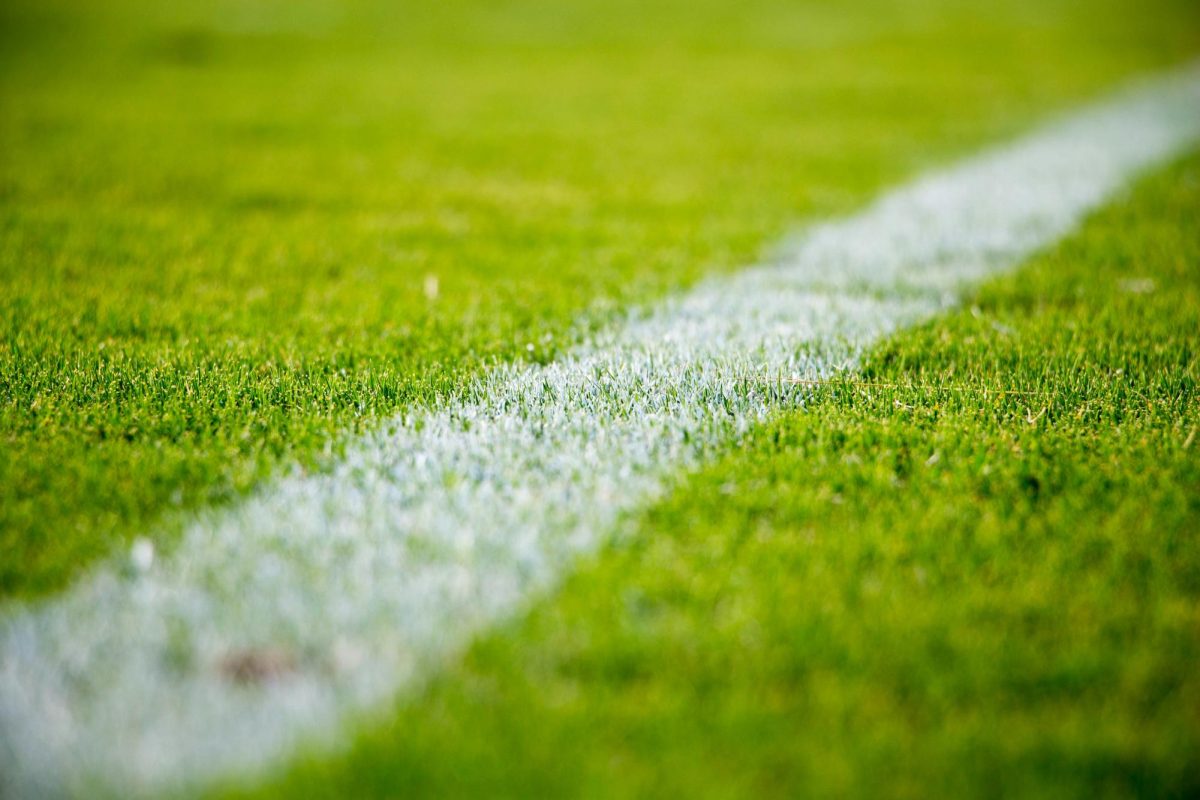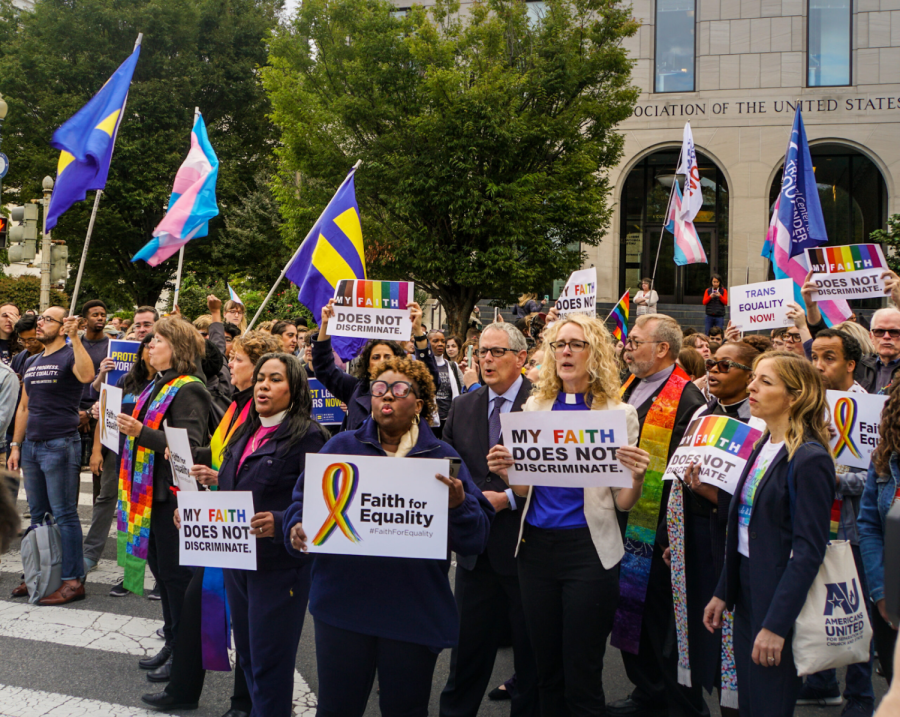Unjust unacceptance: America’s ban on drag
Protesters express their thoughts on unjust bans, protesting with many members of the LGBTQ+ community
April 13, 2023
Drag is an art form synonymous with the LGBTQ+ community and has recently been demonically highlighted by conservative politicians. They argue against drag, saying it is “obscene” and categorized as “adult-oriented cabaret performances that appeal to the prurient interest” according to Tennessee’s government.
Republican lawmakers are aiming to ban public performances of drag, particularly ones within the presence of children under the claim that they’re “protecting children from sex offenders.” In states such as Tennessee, Senate Bill 3. prohibits drag in the “presence of children, and within 1,000 feet from schools, public parks, or places of worship.” Performing “unlawfully” could have the performer charged as a felon, with the possibility of being incarcerated for up to six years.
Unfortunately, Tennessee isn’t the only state contributing to this prejudice. Oklahoma, Arizona and Kentucky are also actively working to enforce this bill.
Drag has become a more mainstream art form in recent years. Through pop culture phenomena such as “RuPaul’s Drag Race,” drag performance has been included everywhere, from pride parades to drag story hour. Drag is a pure act of expression, often entailing hyperfeminized or hyper-masculinized ways of presentation. With these exaggerated personas, performers present anything as a regular entertainer would, showing musical numbers, comedy shows and plays.
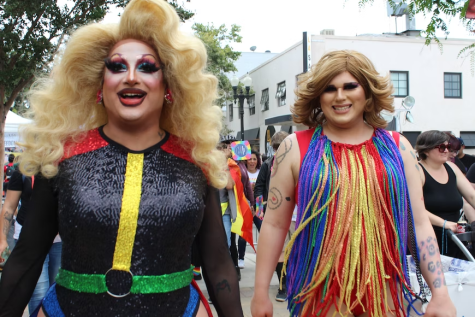
Older examples of drag are also present in 90’s media such as the 1990 film “Paris is Burning.” The movie discusses various topics such as family, identity, performance, and stigma. Throughout it all, drag is expressed as a vessel of belonging. As these performers carefully craft, design, and perform their personas, they portray amplified but authentic versions of their real identities.
To ban this art form would dim beacons of hope and visibility for many. BenDeLaCreme, a drag queen featured on two seasons of RuPaul’s Drag Race, expressed in an interview with MSNBC, “As a young person, I wish I’d seen more queer representation. It is a hard thing to grow up queer, and like it or not, your kids may need to see people like this out there. It may save their life. It may actually let them know there is a future for them.”
Tennessee’s governor Bill Lee combated this sentiment with this bill. Unjustly enforcing limits on drag. As these conservative governors arbitrarily enforce legislation, they create their own loopholes to pass such bills.
The murkiness in their bills allows for the ability to cherry pick what is right and wrong, directly promoting their personal interpretation of morality instead of prioritizing the good of the public. Bill Lee argues that drag is dangerous to minors yet fails to present proof of how it directly harms children.
Further pushed by conservative Christian lawmakers, religion has been another primary basis of this ban. Their so-called religious morals, have been implemented into bills by governors, deeming drag as unnatural and sinful. As they apply their beliefs to drag, they label it as grooming, saying that performers are trying to indoctrinate children into doing drag.
Anti-LGBTQ+ legislation has been widespread all over the nation in recent years, acting as a catalyst for increased hate and violence. When considering the morals that pertain to the states banning drag, these laws loosen the protection of performers. Hate crimes become both justified and commonized. Such harmful laws have the potential to inspire other rulings against the LGBTQ+ community.
As these lawmakers rule that drag “appeals to the prurient interest” and is “obscene in nature,” the overgeneralization is made that “All drag is bad.” Like many other forms of art, drag lies on a spectrum, with ranging levels of obscenity. While some aspects are sexual in nature, others are innocent. Oversimplifying and demonizing the complex art form is simply illogical.
To say that all drag is bad subsequently implies that all music is bad or that every movie is bad, as they all include topics that “appeal to the prurient interest.” If this art form were performed by a group other than the LGBTQ+ community, it wouldn’t conjure nearly the same amount of controversy.
Drag, an integral act of expression to many, in addition to being a place where many find identity and community. With it becoming more mainstream, the conservations around this art form have become more tense within conservative culture. Tennessee’s ban is just a start, it is likely that more aggressive legislation will be introduced, leading the United States to a the backward, narrow-minded culture as it once had- preaching hate, unacceptance, and bigotry.




